Developments after Romanian Government Resigns
After Victor Ponta's resignation on Wednesday, the parliamentary parties in Bucharest are holding talks with President Klaus Iohannis for the appointment of a new PM.

Bogdan Matei, 05.11.2015, 14:14
The resignation of the Social
Democrat Victor Ponta marks the exit from politics of one of the most
controversial figures in post-communist Romania. In the spring of 2012, he came
to power as Romania’s youngest prime minister since 1989. Born in 1972, Ponta
marketed himself as the symbol of a generation unspoiled by the moral flaws of
communism, and as such he attracted some sympathy and confidence even from
those who had always disliked the left.
A former prosecutor, he joined the
political circles in the early 2000s at the invitation of the Social Democratic
Party leader of the time, PM Adrian Nastase, later sentenced and imprisoned for
corruption. Shortly after Ponta was sworn in, a scandal broke out regarding his
Ph.D. thesis, which experts say was plagiarized. When faced with similar
accusations, the president of Hungary and a defence minister in Germany had
immediately stepped down. Ponta did not. Nor did he resign in several other
circumstances, for instance when his brother-in-law was arrested in a
corruption investigation, after the poor organization of the presidential
election last year or even when the National Anti-Corruption Directorate
charged him with forgery of private documents, being accessory to tax evasion
and money laundering.
Post-1989 Romania’s youngest prime
minister also became its first PM subject to prosecution while in office. Ponta
only stepped down after, on Tuesday night, tens of thousands of people took to
the streets to protest the corruption in central and local administration,
against the backdrop of the overwhelming popular sentiment triggered by the
Colectiv nightclub fire on Friday night, when more than 30 people died and
nearly 150 were injured. President Klaus Iohannis said the resignation was
overdue, and announced consultations with the parliamentary parties in view of
appointing a new prime minister.
The co-president of the National
Liberal Party in opposition, Alina Gorghiu, pleads for early elections: We
believe the most reasonable thing to do, the most balanced and the one that
responds the best to the expectations of civil society is the solution of early
elections, through a political agreement.
The coalition made up of the Social
Democratic Party, the National Union for the Progress of Romania and the
Alliance of the Liberals and Democrats, which supported the outgoing
government, say however that early elections would only extend the crisis.
The Social Democratic leader Liviu
Dragnea: We disagree with the Liberals’ proposal to have early elections. This
would mean that as of today, for several months, we would have an unstable
government with an interim prime minister, at a time when we are supposed to
adopt the public budget law, when winter is coming and an unstable government
cannot keep things under control.
The consultations and their outcome
are, according to all analysts, a major test for a political class with a
severe credibility problem.






























